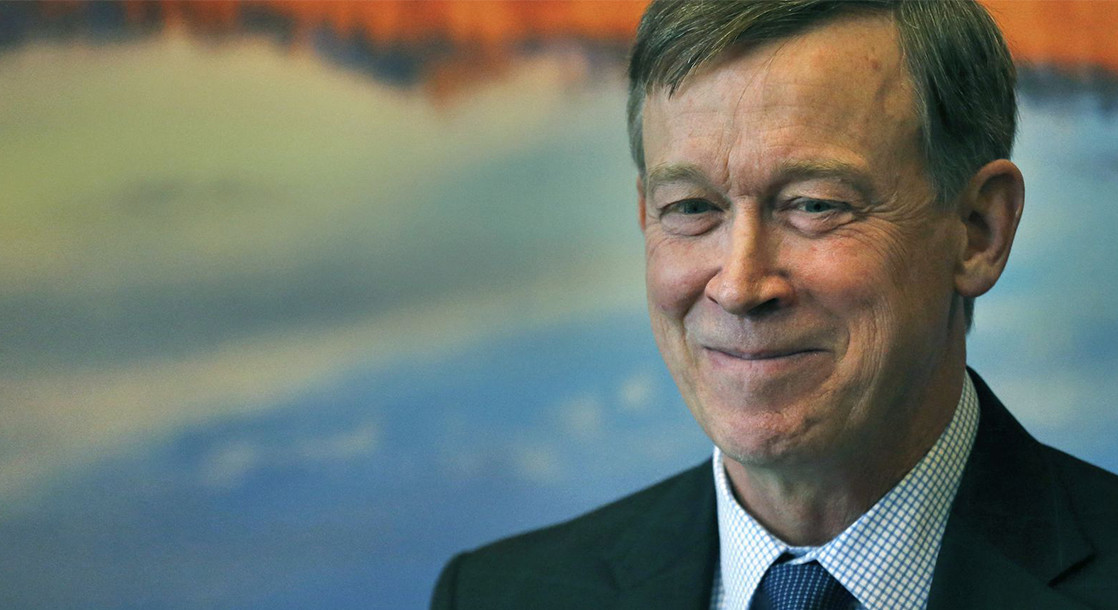If you’ve been following recent news pertaining to the cannabis industry, you might have noticed a trend in states with recreational legislation in place. From Colorado Gov. John Hickenlooper’s recent backtracking on his initial opposition to legalization, to Washington Gov. Jay Inslee vowing to fight the Donald Trump administration if the federal government disrupts his state’s booming market, politicians are suddenly sticking up for marijuana.
This change of heart seems to stem from the massive amount of tax revenue that cannabis has created across the U.S. A report released by New Frontier Data shows that states with legalized marijuana are poised to generate around $655 million in tax revenue from retail sales in 2017. Of which $559 million will come from cannabis taxes alone.
While this enormous figure is certainly nothing to scoff at, the report goes even further in estimating that total tax revenues in states with legalization will reach around $1.8 billion, with $1.4 billion stemming from cannabis-related taxes. When you couple this mountain of money with the fact that Trump is arranging budget cuts to a wide range of areas, governors and other politicians are finally starting to see the green light at the end of the tunnel.
With critical programs like Medicaid and passenger train services at risk of being cut, state officials will likely turn to this tax revenue to help keep these resources afloat. Luckily, recreational cannabis has created much more money for these states than anticipated.
For example, Colorado saw a 57.2% increase in total marijuana taxes collected in the 2016-17 fiscal year, up from the 2015-16 fiscal year. The state garnered $119 million in taxes as of January for its year-to-date fiscal year, an undeniable goldmine compared to the $38 million in revenue collected from alcohol taxes.
Washington is positioned to see a 25% increase from $185 million to $233 million, while California’s proposed 15% tax rate cannabis is expected to generate a whopping $1 billion once recreational legalization is fully in effect.
While state governors are developing a growing dependence on cannabis-related taxes, polls conducted across the nation show unarguable support for widespread legalization. At the end of the day, the constituents who are in need of these endangered social safety nets won’t take kindly higher taxes or sales prices, but they still expect these services to stay in place.
Luckily, states with cannabis legalization have stumbled upon a growing revenue stream that could allow them to maintain these programs without jeopardizing the wellbeing of those who need them the most.











